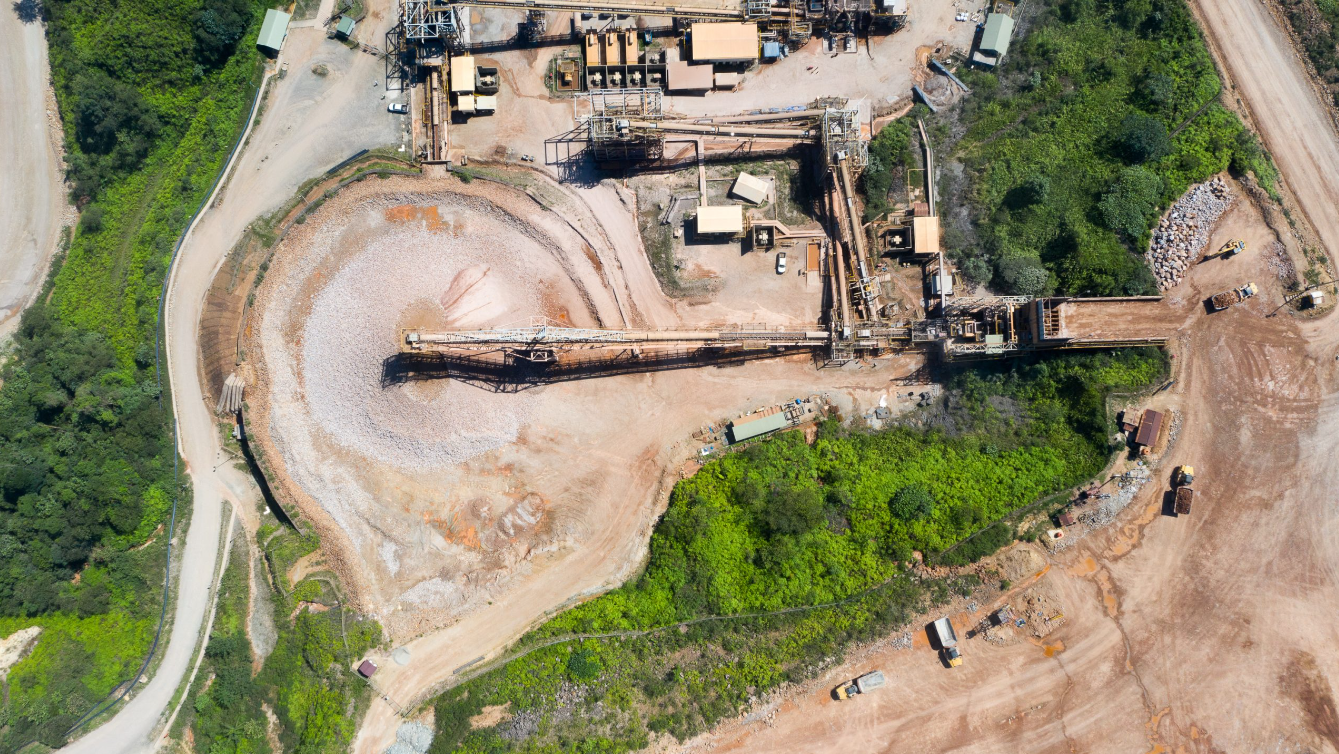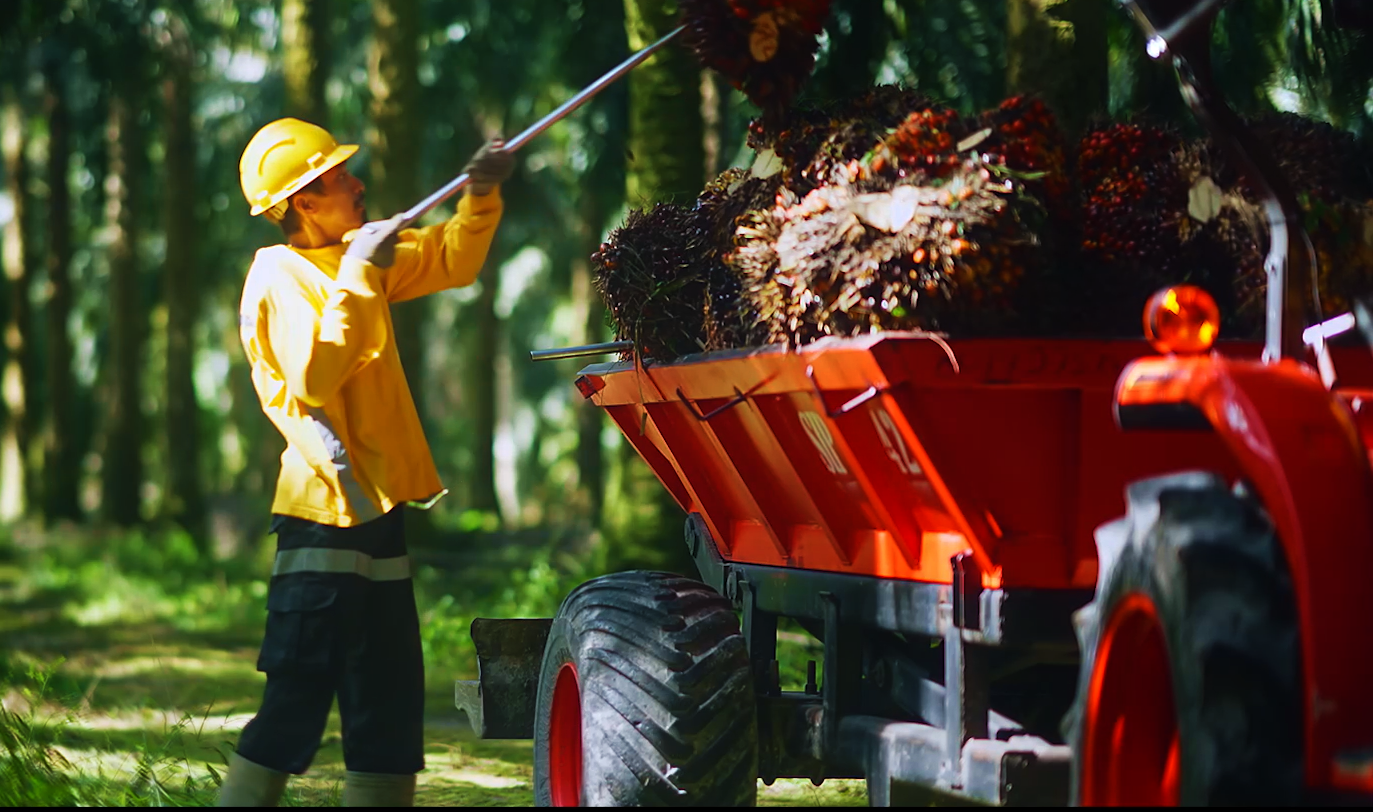At JC&C, we are committed to promoting biodiversity-sensitive practices within our portfolio companies. We aim to continue strengthening our biodiversity commitment, supported by active stakeholder engagement, to mitigate environmental impact and foster collaborations with the local communities. To illustrate, we have identified two case studies from our investments in gold mining and palm oil.

Gold Mining at PT Agincourt Resources (“Agincourt”)
At the Martabe gold mine in Indonesia, mining activity only takes place at permitted areas and not in protected forests or conservation lands. This is to minimise impact on the biodiversity of the Batang Toru Ecosystem, where the Martabe mine is located southwest of it. Before land is cleared, our subsidiary operating the Martabe gold mine, Agincourt, conducts inspections of the proposed areas and detailed environmental impact analyses to identify potential biodiversity impacts. Regular patrols are also carried out within the mine’s perimeter to minimise poaching.
In 2017, the endangered Tapanuli orangutan was recognised as a distinct species of great ape found in the Batang Toru Ecosystem. We see it as our responsibility to support the long-term preservation of this species and have implemented targeted measures to do so.
Agincourt has established an independent Biodiversity Advisory Panel comprising highly regarded scientists with expertise in the Batang Toru Ecosystem and in orangutan biology and conservation. The panel guides Agincourt in strengthening the mine’s biodiversity procedures and efforts, with the best interests of the Tapanuli orangutan in mind. This has resulted in changes to the mine’s operations, and its exploration and development work.
There are other conservation initiatives including the setting up of an orangutan research station that involves the scientific community to advance understanding and develop programmes to protect the ecosystem and biodiversity. In addition, Agincourt launched a conservation programme to protect areas of the Batang Toru forest critical to the long-term viability of the Tapanuli Orangutans.
For more details, please refer to statements on the Martabe mine and Tapanuli orangutans, Targeted exploration and development work, and the biodiversity efforts at Martabe.
Palm Oil at Astra Agro Lestari (“AAL”)
Palm oil is a widely used commodity globally, with an extensive range of applications. In Indonesia, the cultivation of palm oil is a major contributor of the country’s economy and plays a significant role in the social and economic development of the nation. AAL recognises the importance of responsible production of palm oil and seeks to maintain a balance of the interests between the environment, society and communities. AAL is firmly committed to No Deforestation, Conservation of Peatlands, and Respect for Human Rights in accordance with the United Nations Guiding Principles on Business and Human Rights.

In addition, AAL will not develop in areas in potential High Carbon Stock (HCS) forests or High Conservation Value (HCV) areas. AAL also maintains a clear Zero Burning Policy for new planting or replanting. Its ongoing efforts in applying efficient practices to protect forests and peatlands are further supplemented by the responsible sourcing of raw materials and active stakeholder engagement that aim to provide more support to local communities and create greater positive impact to its people. For more details on AAL's sustainability practices, please refer to its website.

